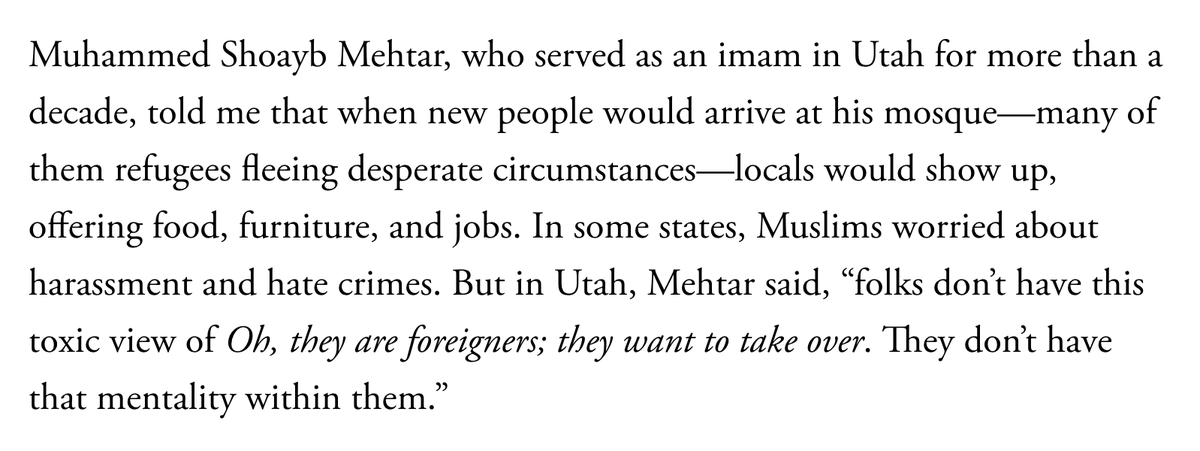Larry Hogan is betting his future on a kinder, gentler post-Trump GOP. Good luck with that.
I spoke to the governor of Maryland about Trump, the pandemic, anti-racist protests, and the future of his party. theatlantic.com/politics/archi…
I spoke to the governor of Maryland about Trump, the pandemic, anti-racist protests, and the future of his party. theatlantic.com/politics/archi…
Political parties can and do change. But I think anyone hoping for Trumpism to evaporate once Trump leaves office is going to be in for a rude awakening. theatlantic.com/politics/archi… 

Larry Hogan on his party's response to the national reckoning with racism:
“I don’t think the president is helping with that discussion at all ... The Republican Party is certainly having a hard time adding anything.” theatlantic.com/politics/archi…
“I don’t think the president is helping with that discussion at all ... The Republican Party is certainly having a hard time adding anything.” theatlantic.com/politics/archi…
A man who understands the political press: theatlantic.com/politics/archi… 

• • •
Missing some Tweet in this thread? You can try to
force a refresh









